
WP 1.1 The Small Intestine: an Underexplored Habitat with Implications for Human Health
project description
The small intestine (SI) is an important site for the absorption and storage of (micro-)nutrients, fat digestion, and immunity. Although the SI harbors billions of bacteria, their interactions and impact on human health remain poorly studied due to limited accessibility without invasive methods.
In general, the small intestine is a very harsh environment for microorganisms due to the short transit time, the influence of digestive enzymes and bile, and the intermittent substrate supply. As a result, the microbial population has a lower biomass, is less diverse but more dynamic, responding continuously to disturbances. The SI microbiome also contains largely unknown methanogenic archaea that were only recently reported. The SI microbiome is susceptible to dysbiosis, as seen in inflammatory bowel disease (IBD) and small intestinal bacterial overgrowth (SIBO). Affecting up to 80% of IBD patients, SIBO is characterized by >105 colony-forming bacteria per ml jejunal aspirate and manifests by an early-onset (<90 min) increase in breath hydrogen after lactulose loading. SIBO patients present with vitamin B12 deficiency and report abdominal discomfort. However, ~40% of patients exhale methane instead of hydrogen, proving the involvement of methanogenic archaea. This phenomenon, termed intestinal methanoarchaeal overgrowth (IMO), is not understood to date.
Our goal is to understand the local composition, ecological principles, and dynamics of the SI microbiome. Given our strong expertise on archaea, we will specifically investigate the interaction between the human host, the bacteriome, and the archaeome using SIBO and IMO as settings of medical relevance.
Our key questions are: (i) Where are SI microorganisms located, and how do SI microbiomes fluctuate during health and disease? (ii) What impacts do SI microbes have on nutrient uptake and health? (iii) How does the SI microbiome interact with the immune system? We will also specifically address the hypothesis that methanogenic archaea play a critical role in the SI and that their contribution to medically relevant diseases is currently underestimated.
We will systematically assess the SI microbiome (bacteria and archaea) by: (i) developing a reliable sampling protocol from well-characterized SIBO/IMO patients (including in-situ gas measurements); (ii) establishing a SI microbiome genome catalog, a comprehensive data resource compiled from the metagenomic analyses of fresh and biobanked samples (>450 available), published datasets from the literature, and our own microbial isolates; (iii) dissecting ecological networks by combining in-silico metabolic modeling from metagenomes and metabolomics analyses of blood, urine, and stool; (iv) visualizing the microbial biogeography via fluorescence in-situ hybridization (FISH) and scanning probe microscopy; and (v) testing the pathophysiological/immunological effects of microbial isolates on cell cultures and mouse models, and (vi) placing our results on disturbances and dynamics in the context of other CoE projects on disturbances, e.g., WP 3.1.
We will create a comprehensive data and culture resource for SI microbiome research, which will assist research groups worldwide in answering relevant medical questions. By focusing on SIBO/IMO, we will study an under-researched medical phenomenon whose diagnosis is still challenging in clinical practice.
work package leader
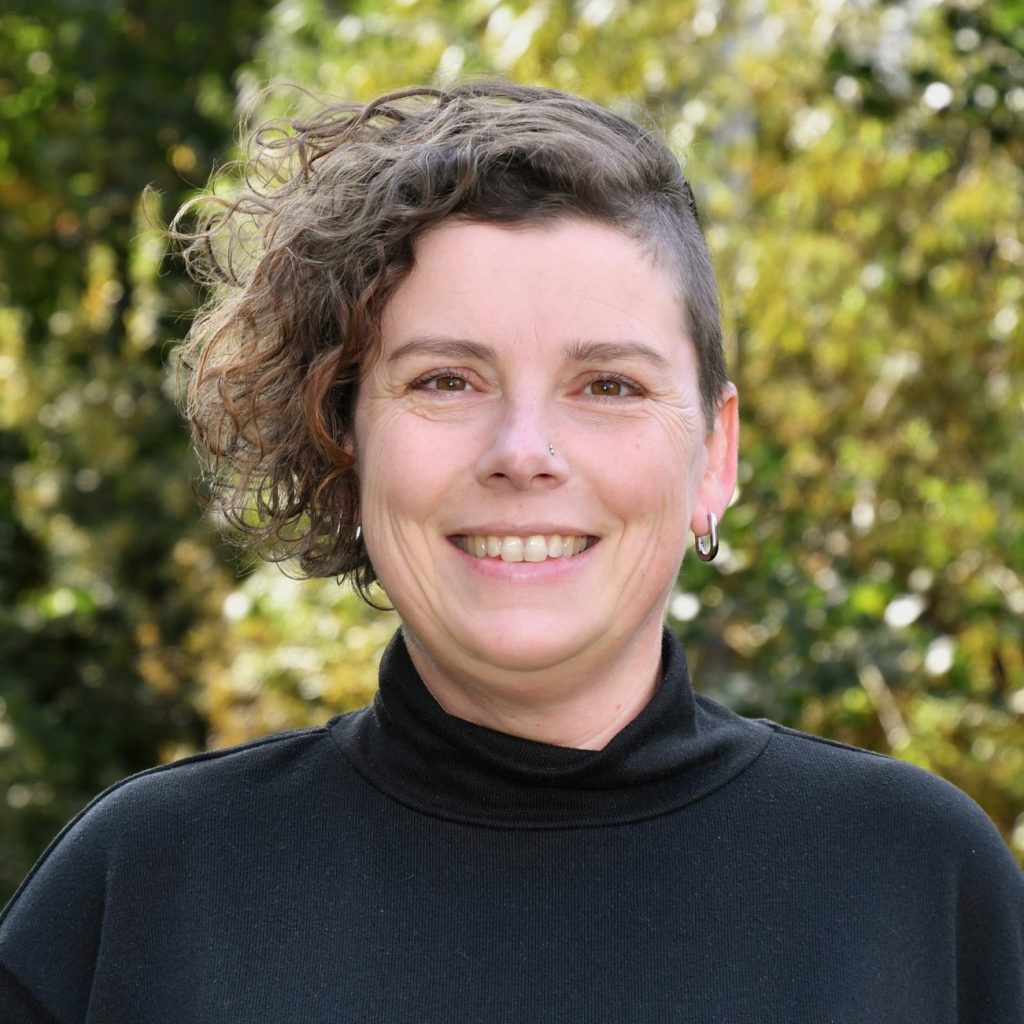
CHRISTINE MOISSL-EICHINGER
Medical University of Graz
Professor in Interactive Microbiome Research
Deputy Director of the CoE Microplanet
work package members
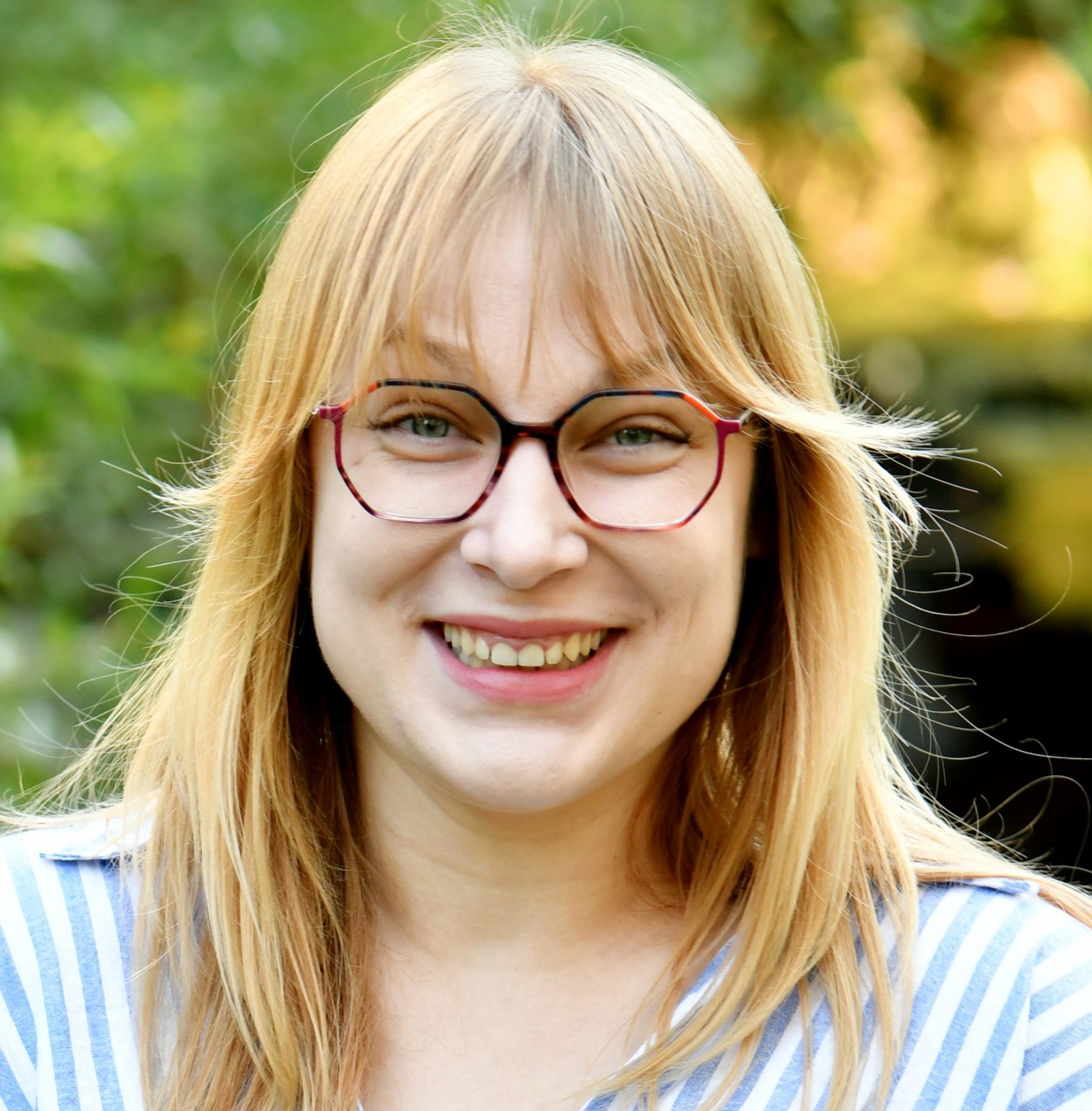
klara filek
Postdoctoral Reseacher
medical UNIVERSITY of Graz

gregor gorkiewicz
CoE Key Reseacher
medical UNIVERSITY of Graz

alexander loy
CoE Key Reseacher
UNIVERSITY of vienna
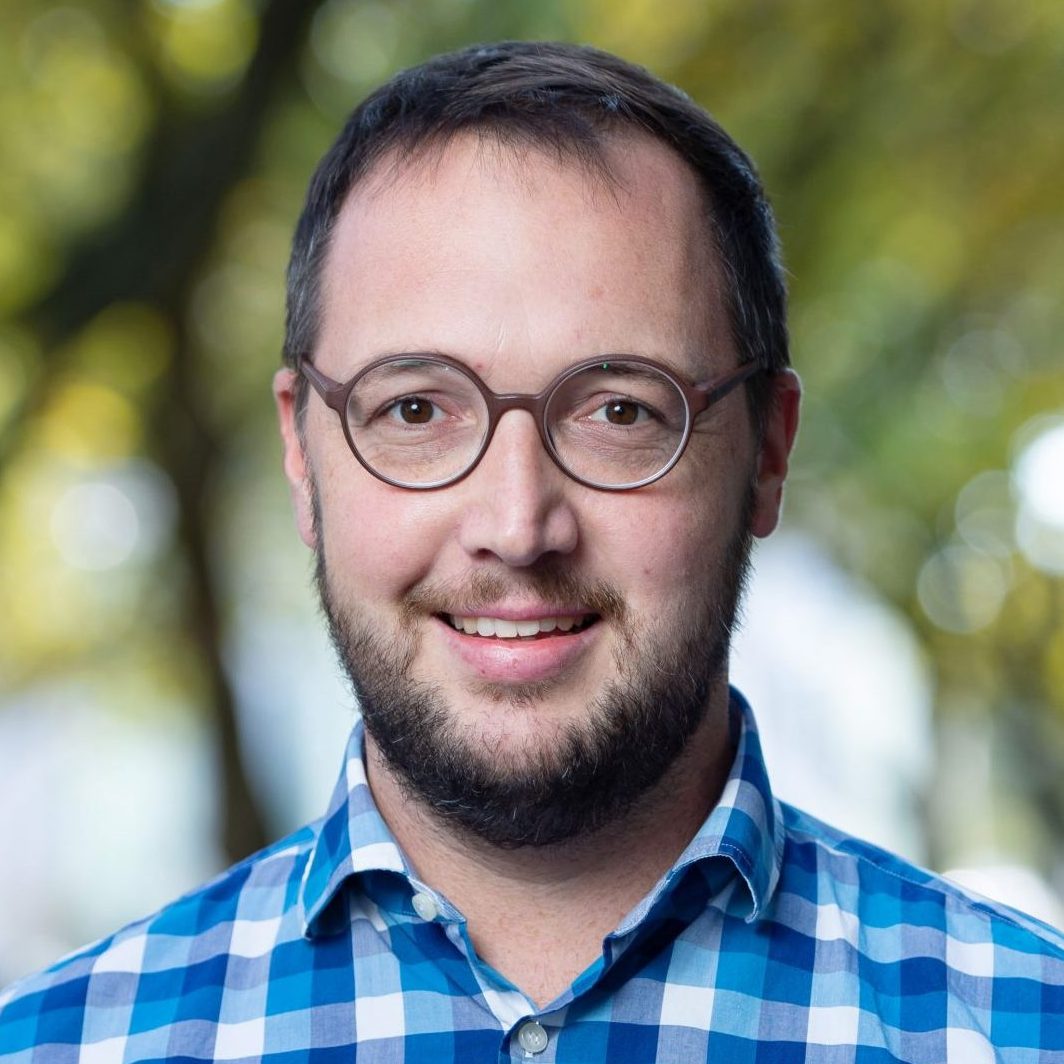
alexander moschen
CoE Key Reseacher
Johannes kepler UNIVERSITY linz
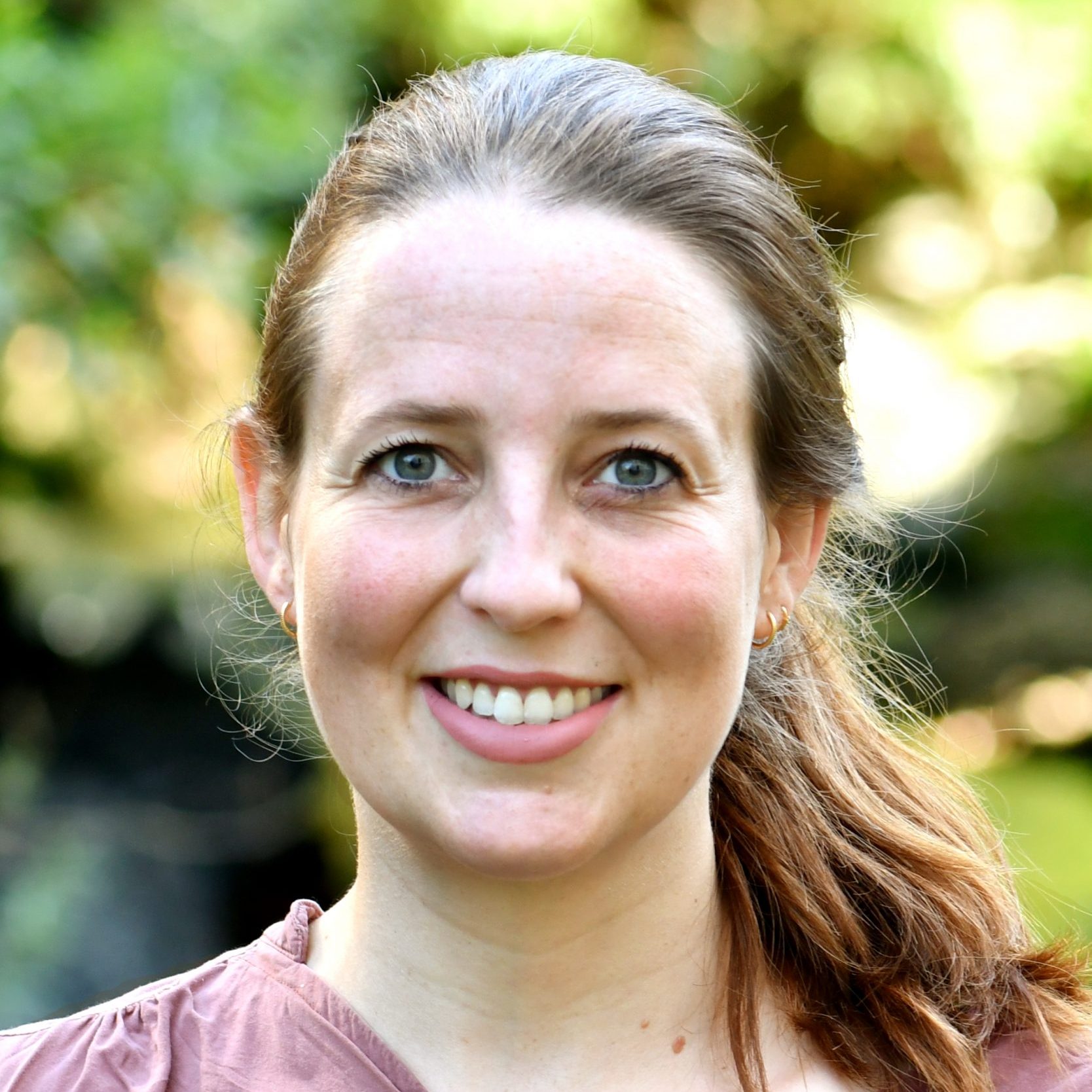
charlotte neumann
Postdoctoral Reseacher
medical UNIVERSITY of Graz
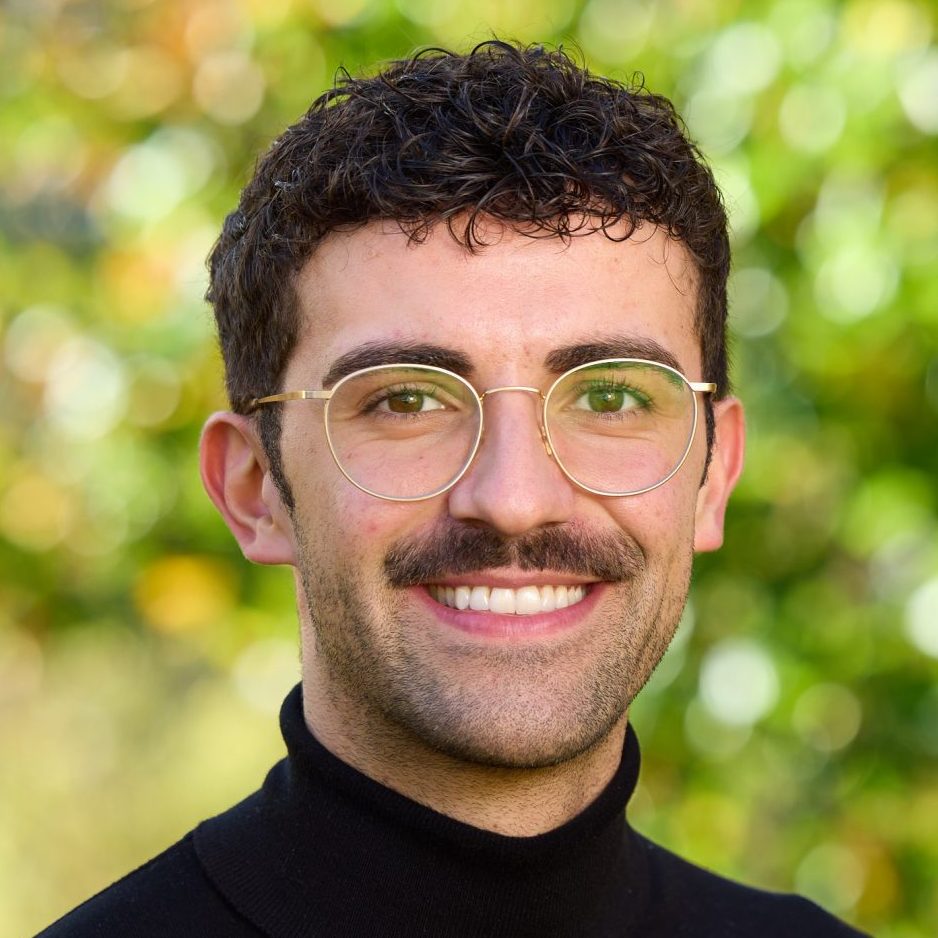
alex ralser
PhD Student
johannes kepler UNIVERSITY Linz

christina watschinger
Senior Scientist
johannes kepler UNIVERSITY Linz
involved institutions
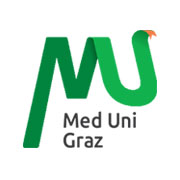
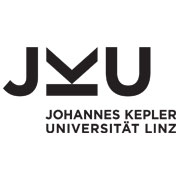
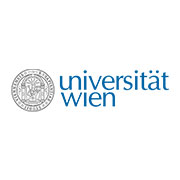
CoE publications in wp 1.1
Duller S, Vrbancic S, Szydłowski Ł, Mahnert A, Blohs M, Predl M, Kumpitsch C, Zrim V, Högenauer C, Kosciolek T, Schmitz RA, Eberhard A, Dragovan M, Schmidberger L, Zurabischvili T, Weinberger V, Moser AM, Kolb D, Pernitsch D, Mohammadzadeh R, Kühnast T, Rattei T, Moissl-Eichinger C. Targeted isolation of Methanobrevibacter strains from fecal samples expands the cultivated human archaeome. Nat Commun. 2024; 15(1):7593. doi: 10.1038/s41467-024-52037-7.
Kuehnast T, Kumpitsch C, Mohammadzadeh R, Weichhart T, Moissl-Eichinger C, Heine H. Exploring the human archaeome: its relevance for health and disease, and its complex interplay with the human immune system. FEBS J. 2024. doi: 10.1111/febs.17123.
Lackner S, Mahnert A, Moissl-Eichinger C, Madl T, Habisch H, Meier-Allard N, Kumpitsch C, Lahousen T, Kohlhammer-Dohr A, Mörkl S, Strobl H, Holasek S. Interindividual differences in aronia juice tolerability linked to gut microbiome and metabolome changes-secondary analysis of a randomized placebo-controlled parallel intervention trial. Microbiome 9;12(1):49. doi: 10.1186/s40168-024-01774-4.

